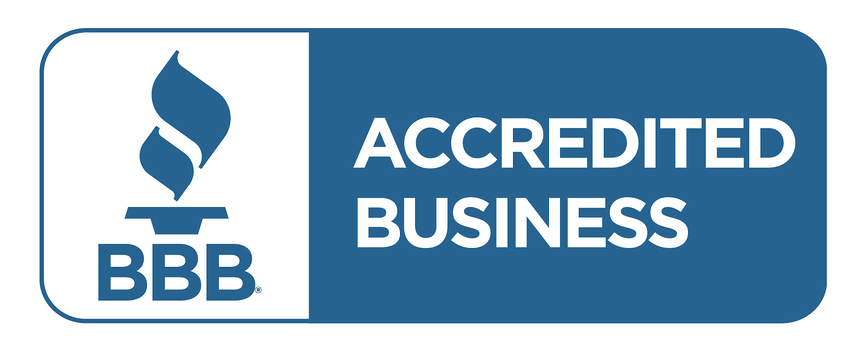Reverse Mortgage FAQs

No monthly mortgage payments sounds great. But what else will I have to pay? I have so many questions I don’t know where to start.
— Maria
The short answer is, it depends. There are several variables that determine just how much of the home value you’ll be able to access. For instance, the borrowing limit (known as the “principal limit”) can depend on factors such as your age, home value as determined by an appraisal, the amount of outstanding loans against your house, and current interest rate. To get a better idea of how much cash you could receive, check out our Free Quote Calculator for a customized estimate.
NO. The homeowner always maintains the title and ownership of their home, just like a traditional mortgage.
Because a reverse mortgage does not require monthly mortgage payments, the loan repayment process doesn’t have to begin until you’re no longer living in the home, or if you do not meet the terms of the loan.
Yes. If there’s an existing mortgage on your home, the proceeds from the reverse mortgage are first used to pay off that loan—and since no monthly mortgage payments are required, you can eliminate that monthly mortgage expense and keep more cash to use as you see fit.
With a reverse mortgage, your heirs can inherit the house, just as they would with any other mortgage. When the loan becomes due, they can decide how to repay the loan balance. Most often, the home is sold and proceeds are used to repay the lender. If there’s any money left over, it goes to your estate. And unlike a traditional mortgage, a reverse mortgage has non-recourse protection—which means that you or your heirs will never owe more than the home’s value.
Reverse mortgage proceeds can be taken as a one-time, tax-free payment*, steady, tax-free monthly payments*, a line of credit as a “safety net” for future use, or any combination of these methods.
Like traditional “forward” mortgages, your interest rate determines the amount of interest you’ll pay on your loan. And when it comes to reverse mortgage, there are two rate-type products: Fixed rate and adjustable-rate (ARMs). With a fixed-rate reverse mortgage, the interest rate remains the same for the life of the loan, but requires a single lump-sum disbursement at the time of closing. With an ARM product, payment can be received via single lump-sum disbursement, line of credit, term, or tenure options. The annual adjustable rate comes with a periodical change of up to 2% with a lifetime cap rate of 5% over the start rate. Generally, these interest rates are slightly lower than those of fixed-rate mortgages, but offer greater flexibility with multiple payment options.
No, reverse mortgage funds are considered non-taxable. What’s more, you can avoid making taxable withdrawals from 401(k) or other retirement plans by replacing the money with a tax-free reverse mortgage*.
*Consult a financial advisor and appropriate government agencies for any effect on taxes or government benefits.
Once you’ve decided that a reverse mortgage is right for you, all borrowers are required to meet with a FHA-approved counselor, either by phone or in person. This is an important step that certifies that you fully understand how a reverse mortgage works before you complete your reverse mortgage application. Plus, it’s a great opportunity to make sure that all your questions have been answered by a third party and that you’re clear on all the details: the process, the financial implications, your options, and more.
The short answer is, you can use the proceeds from a reverse mortgage in any way you wish.
The HECM program requires you to meet with a government-approved independent counselor for your protection—so you fully understand the benefits of the program, as well as your responsibilities, to make sure it’s the right option for you.
As with any mortgage, there are conditions for keeping your reverse mortgage in good standing, and if you fail to meet them, you could lose your home. The ways you could violate the terms of a reverse mortgage include:
- The home is no longer your primary residence. As part of the reverse mortgage agreement, the home must be your primary residence. This rule doesn’t bar you from leaving your home to travel or to come and go as you please, but if you vacate the property for 12 consecutive months, the reverse mortgage loan becomes eligible to be called due and payable.
- You decided to move or sell your home.
- You don’t pay your property taxes or homeowners insurance. Even with a reverse mortgage, you’re still responsible for paying property taxes, and failure to do so could violate the terms of your loan. In addition, you must maintain current homeowners insurance.
If you fail to pay property taxes, for example, or keep the home properly insured, the loan servicer could advance available loan proceeds from the reverse mortgage to cover these expenses.

